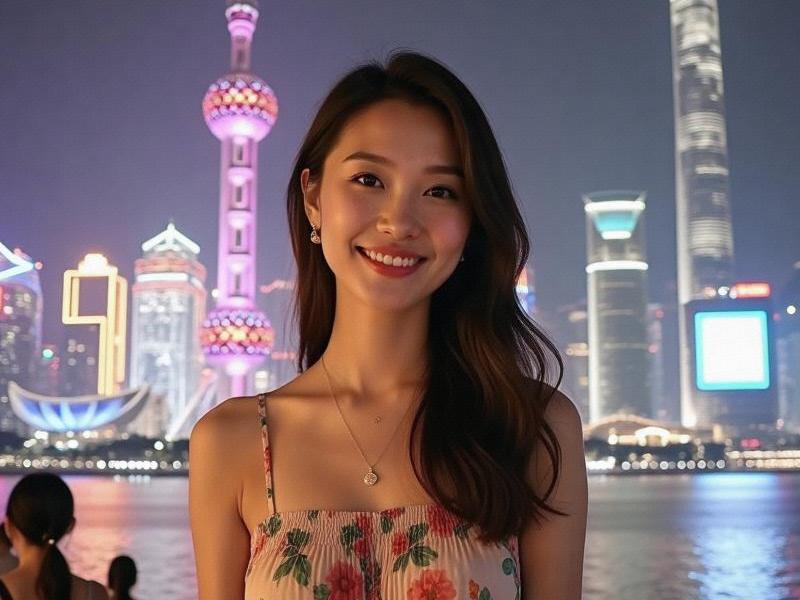
Introduction: The Dual Soul of Shanghai
Shanghai presents one of urban planning's most fascinating contradictions in 2025. While constructing the world's most advanced quantum computing research hub, the city has also become unexpectedly successful at preserving its historical fabric. This wasn't accidental, but the result of deliberate policy choices that other global cities are now studying.
Section 1: The Preservation Revolution
1. Heritage Protection 2.0
- Adaptive reuse of 1930s buildings (82% preservation rate)
- "Living Museum" neighborhoods with resident communities
- Augmented reality historical tours attracting 4 million annual users
- Strict height limits in historic districts
2. Cultural Revival Movements
- Shanghainese language programs in 60% of schools
- Traditional tea houses doubling as tech incubators
- Jazz revival honoring 1920s golden age
- Craft breweries incorporating ancient fermentation techniques
Section 2: The Innovation Explosion
上海龙凤419足疗按摩 1. Quantum Leap Forward
- Zhangjiang Quantum Valley: 48 research institutions
- First commercial quantum computer deployment
- $3.2 billion in annual quantum research funding
- Partnership with CERN on particle physics applications
2. AI Urban Integration
- City-wide neural network managing traffic flows
- AI-assisted heritage preservation systems
- Robot-assisted elderly care in traditional lane houses
- Predictive maintenance for historical structures
Section 3: The New Urban Fabric
1. Transportation Reimagined
- Underground freight network reducing surface traffic
- Autonomous water taxis on historic canals
- Vertical take-off electric aircraft prototypes
- Expanded pedestrian-only zones in former French Concession
上海龙凤419手机 2. Green Metropolis Vision
- 1,200 km of new urban greenways
- Rooftop farms producing 15% of leafy greens
- Solar-paneled historical building facades
- Sponge city technologies preventing flooding
Case Study: Tianzifang's Transformation
This former factory district's evolution exemplifies Shanghai's approach:
- Preserved 1930s industrial architecture
- Now houses quantum computing startups
- Traditional crafts sold alongside VR art
- 24/7 "innovation-living" community
Global Comparisons
How Shanghai differs from other world cities:
- More integrated preservation than New York
上海贵族宝贝sh1314 - More organic tech growth than Silicon Valley
- Better historical continuity than Dubai
- More balanced development than Tokyo
Challenges Ahead
1. Gentrification Pressures
- Rising rents displacing traditional communities
- Commercialization of cultural spaces
- Authenticity vs. modernization debates
2. Technological Risks
- Cybersecurity vulnerabilities
- AI ethics concerns
- Digital divide issues
Conclusion: A New Urban Model
Shanghai's simultaneous embrace of cutting-edge technology and meticulous preservation suggests a new paradigm for global cities. By refusing to choose between past and future, Shanghai has created something genuinely unique - a city where quantum physicists debate in 100-year-old tea houses, where autonomous vehicles navigate ancient alleyways, and where the spirit of both old and new Shanghai thrives. As the city prepares to host the 2025 Global Urban Innovation Summit, urban planners worldwide are looking to Shanghai not just as China's financial capital, but as a laboratory for humanity's urban future.
